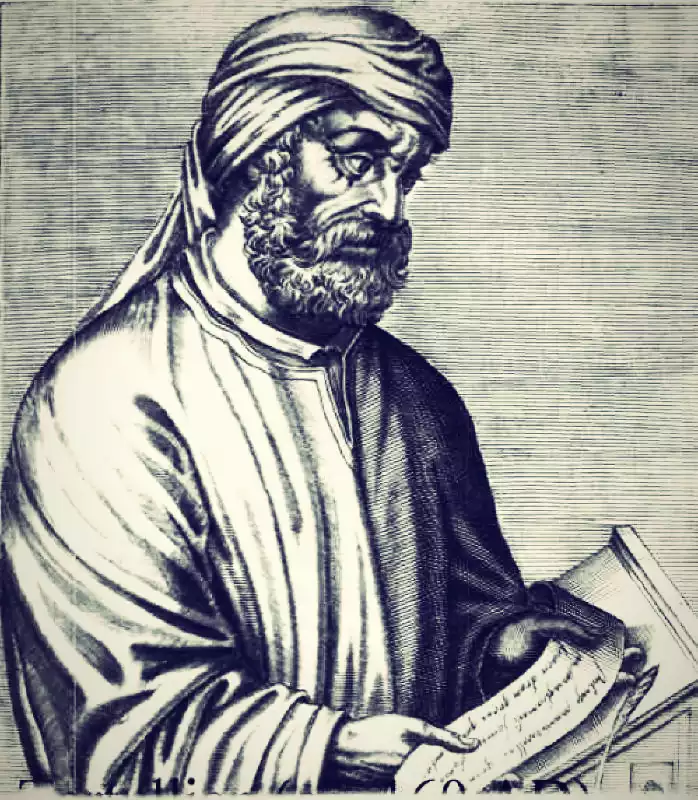
Novatian (c. 200-258) was a Roman theologian and priest who held unbending views on church purity and penance. After failing to be elected Bishop of Rome in 251, Novatian broke ties with the mainstream church and formed a dissident sect. Despite his controversial split, Novatian made important contributions to early Christian theology.
Novatian’s Rigorous Theology
Novatian entered the scene in Rome when Pope Fabian died in 250 and the Christian community struggled with the treatment of lapsed Christians. As Decius’ persecution ended, many demanded readmittance to communion, sparking debate on sins post-baptism. Novatian argued for a strict interpretation – that the Church must not welcome apostates back whatsoever. In his view, the Church formed the pure Body of Christ which could not reintegrate those who failed it when tested. This utilitarian idea of a Church as a refuge for true believers only was controversial and opposed the concept of penance and reconciliation.
Novatian outlined his theology in his main surviving work “On the Trinity” where he tackled two burning questions – whether fallen Christians could be readmitted and the doctrine of the Trinity. While Novatian held unorthodox views on the former, his writing on the Trinity was seen as an important touchstone in the early Church. Here Novatian argues that Jesus Christ was fully divine but also fully human. While his standing was later secured for such contributions, at the time Novatian refused to give quarter to the opposing faction in Rome around Pope Cornelius.
Elections for the next Bishop of Rome after Fabian’s death were deeply divided. Novatian allowed himself to be consecrated a second Bishop in opposition to Cornelius in 251. While partly a personal rivalry, Novatian’s logic was that Cornelius’ lax views in welcoming lapsed Christians back made him unfit to lead the Church. This marked Novatian’s decisive break with ecclesiastical authority as he set himself up as a rival Pope.
Novatianist Legacy: Schismatic Saint or Heretic?
While condemned in his own time, Novatian’s writings and movement had an influence on later Christian thought. As the first known Latin writer to produce a treatise on the Trinity, Novatian’s theological approach was incorporated by orthodox thinkers like Cyprian and Dionysius even if they rejected his conclusions. And despite being branded a schismatic, the Novatianist church he founded would spread across the Roman Empire.
Key themes and arguments from Novatian found their way into mainstream Catholic theology. His austere view on post-baptismal sin may have been condemned but it left its imprint. Likewise, his writings on Christ and the Trinity, with the balance between shared divine substance and personal distinction, contributed to the hard-fought orthodoxy that emerged from Nicaea.
While influential, Novatian himself was decried as a dangerous counter-Pope figure. His rivalry with Pope Cornelius created the first antipope and opened schisms in Rome, Carthage, and Alexandria. Novatian set up alternative church structures that endured for centuries, especially in Constantinople. Imperial persecution gave this rigorist alternative an appeal as a refuge for purists.
Later “Novatianists” were still condemned as deviants, especially for their denial of salvation to grave sinners. As the Catholic church assimilated ideas once deemed extreme, groups like Novatianists came to be attacked as heretics for their split from the institution. By the 6th century, the Novatianist church was fading even as ascetic movements carried traces of their stern spirit.
For Catholic tradition, Novatian posed an awkward figure – both a separatist founder of a rival church but also a theologian who shaped orthodoxy. While respected as a thinker, his breach with other Bishops and alliance with persecuting authorities made it impossible to classify him as a Church Father or saint. Novatian thus remained suspended between statuses as schismatic saint and heretical antipope.
Novatian left a complex legacy as a schismatic leader who shaped theology. While the Novatianist church faded, ascetic and Trinitarian ideas trace back to him.
References
Clarke, G. (2001). Novatian of Rome and the Culmination of Pre-Nicene Orthodoxy. Praeger Publishers.
James L. Papandrea. Novatian. Retrieved February 07, 2024
Papandrea, J. (2011). Novatian of Rome and the Theology of the Holy Trinity. University of Wisconsin Press.
Roberts, A. & Donaldson, J. (2001). Ante-Nicene Fathers Vol. 3. Hendrickson Publishers.
Trigg, J. (1998). Origen: The Bible and Philosophy in the Third-Century Church. Wiley-Blackwell.
